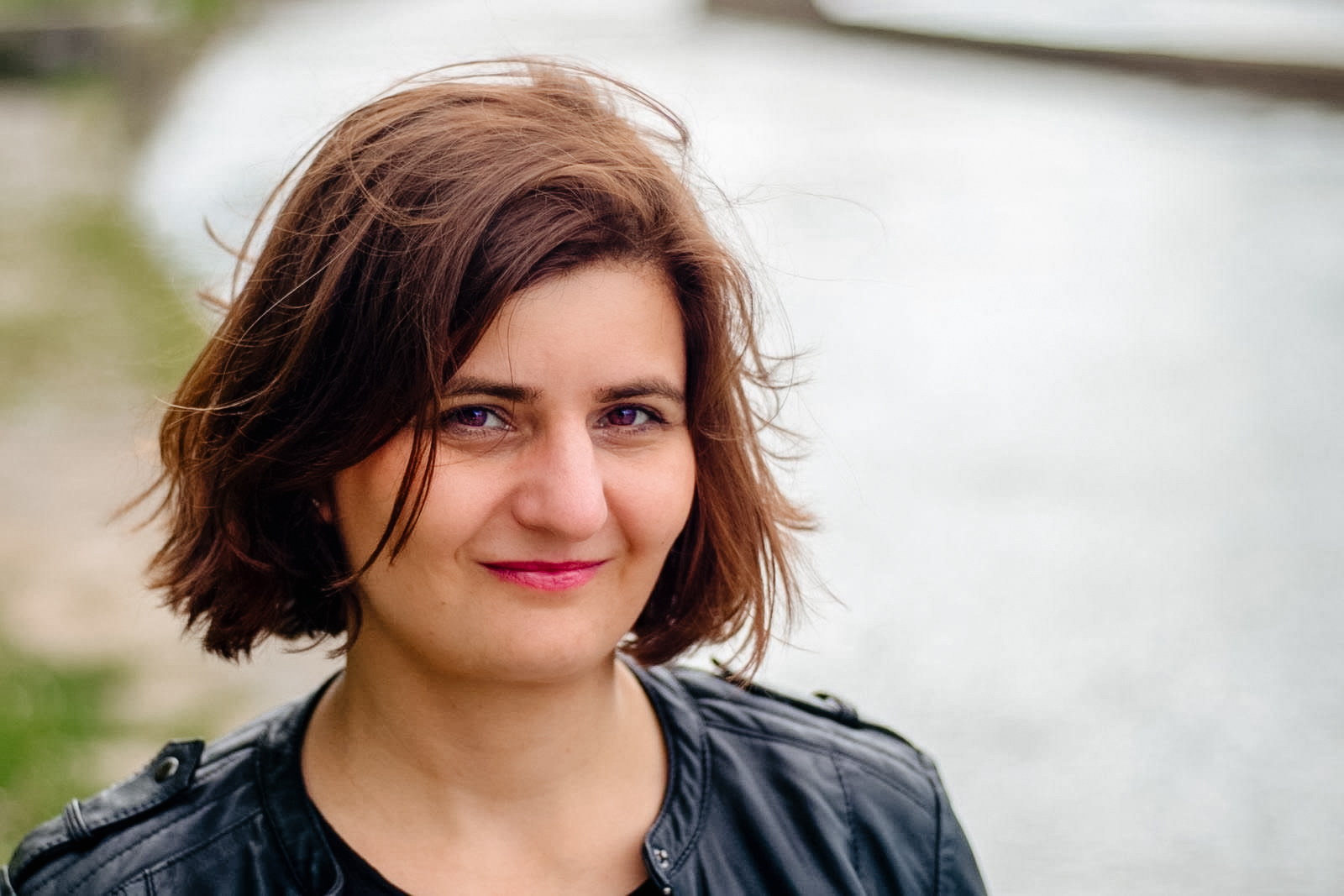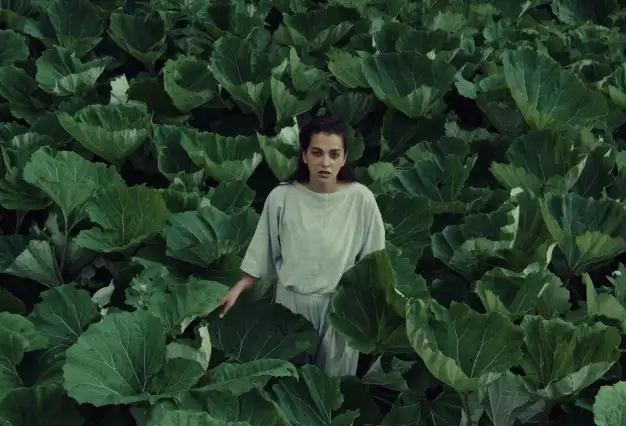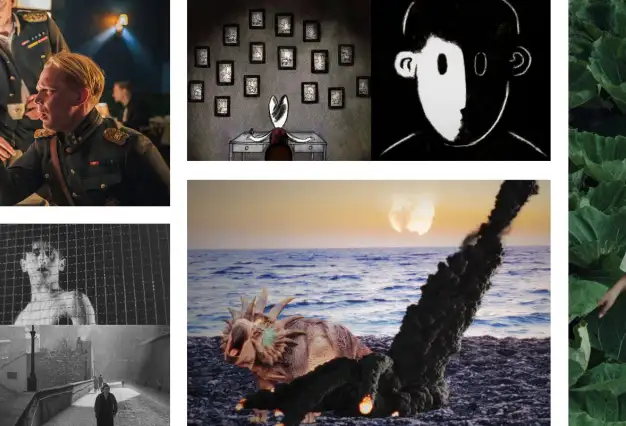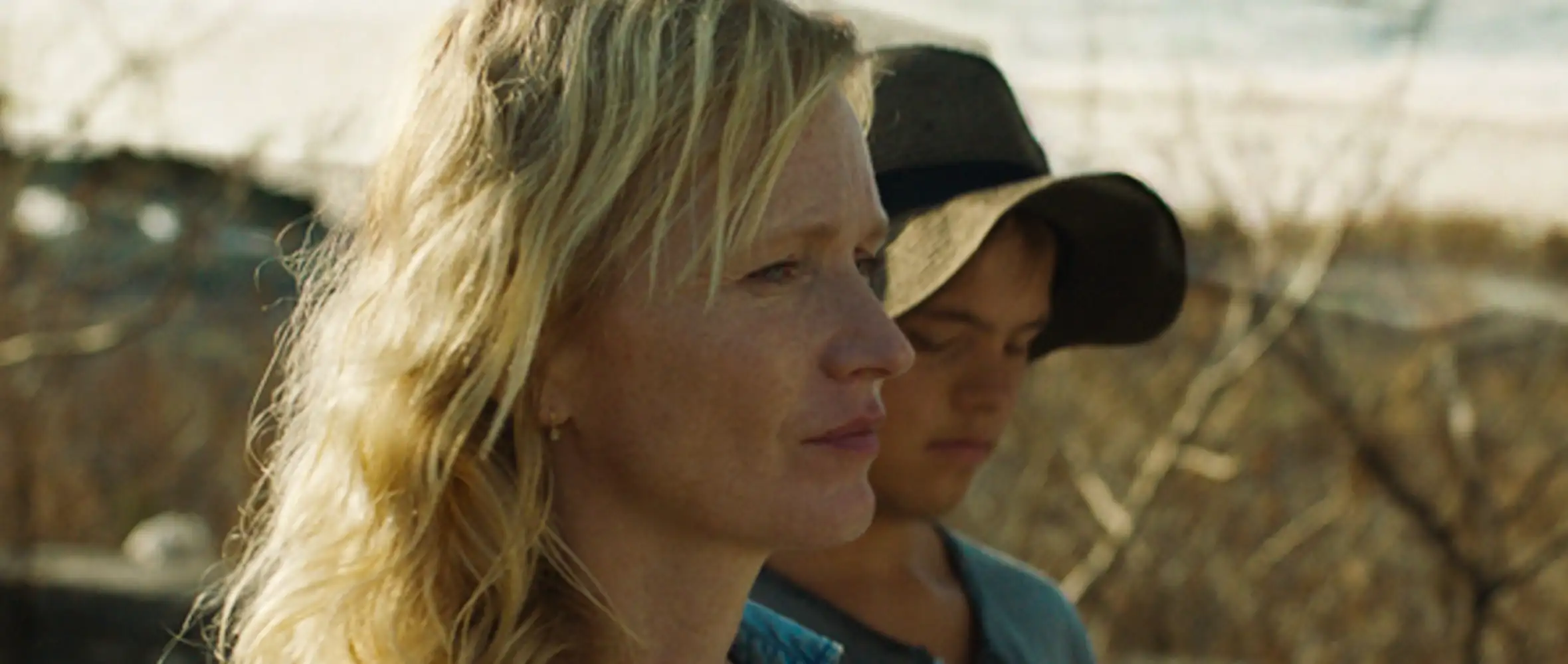
04 May 2025
Caravan narks Czech comeback at Cannes
Caravan narks Czech comeback at Cannes

Zuzana Kirchnerová’s feature debut Caravan marks a long-anticipated return of Czech cinema to the competitive sections of the Cannes Film Festival, becoming the first majority Czech feature in Un Certain Regard in three decades. The film weaves personal experience into a visually poetic exploration of caregiving, identity, and the fragile pursuit of freedom in a world where motherhood becomes both a refuge and a reckoning.
by Martin Kudláč for CZECH FILM / Summer 2025
The 78th Cannes Film Festival marks a major breakthrough for Czech cinema, as Zuzana Kirchnerová’s long-awaited feature-length debut, Caravan, has been chosen for Un Certain Regard, a section of the festival’s official selection. Kirchnerová’s road movie drama marks Czech cinema’s return to a competition section at La Croisette for the first time in three decades.
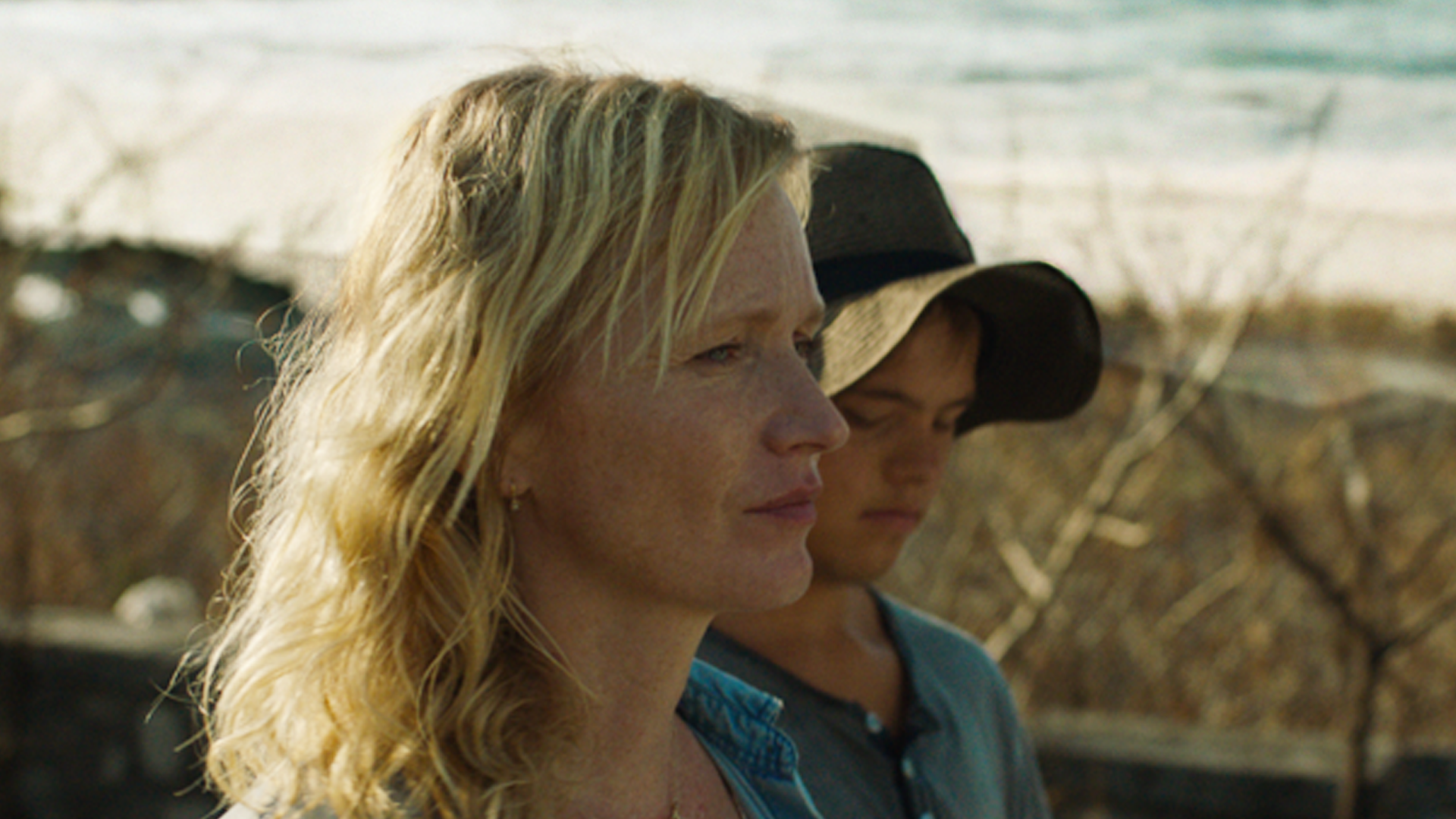
A festival legacy reignited
Czech cinema’s presence at the Cannes Film Festival has varied over the years. In 1946, Men Without Wings by František Čáp won the Grand Prix du Festival International du Film, later known as the the Palme d’Or, while Karel and Bořivoj Zeman’s The Christmas Dream claimed the Grand Prix International for Best Short Fiction Film. Through the years, films like 1946’s Springman and the SS by Jiří Trnka and Břetislav Pojar’s A Drop Too Much from 1954, which won the Best Puppet Film Award, have showcased the country’s artistic identity, marked by a rich tradition of animation and puppet filmmaking that continues to offer inspiration today.
The 1960s saw an explosion of Czech films at Cannes, with directors like Jiří Trnka, Vojtěch Jasný, and Miloš Forman captivating the festival’s juries. Jasný’s Butterflies Do Not Live Here (1959) won the Palme d'Or for Best Short Film, while his The Cassandra Cat (1963), which reflected the country’s unique combination of fantasy, surrealism, and dark humour, earned the Special Jury Prize. Meanwhile, The Shop on Main Street (1965), co-directed by Ján Kadár and Elmar Klos, took home a Special Mention for its exploration of the Holocaust and went on to win the 1965 Academy Award for Best Foreign Language Film. The 1960s and 70s brought a flood of exceptional works that challenged conventions and pushed the boundaries, from Forman’s Firemen’s Ball (1968) to Věra Chytilová’s Fruit of Paradise (1970). Czech filmmakers, unafraid to address taboo subjects or experiment with form, continued to maintain a presence at Cannes. Finally, Jan Švankmajer, an avant-garde director famed for his surreal stop-motion animation, captivated Cannes audiences with films like J.S. Bach: Fantasy in G minor and Manly Games. Švankmajer’s live-action stop-motion Lesson Faust was the last Czech majority feature showcased at the Un Certain Regard section, in 1994.
In the recent past, there have been Czech films that bowed at the Cannes Film Festival, notably Petr Václav’s social drama The Way Out in 2014, which premiered at ACID sidebar, György Kristóf’s surreal drama Out, which was co-produced by the Czech Republic and premiered in Un Certain Regard in 2017, and Maksym Nakonechnyi’s feature film debut Butterfly Vision, which premiered in the Un Certain Regard in 2022 and was a co-production between Ukraine, the Czech Republic, Croatia and Sweden, with Dagmar Sedláčková of MasterFilm as its co-producer on the Czech side. Moreover, the short animated film Scale by Joseph Pierce, co-produced by Jiří Konečný of the Czech outfit endorfilm, was screened in the Semaine de la Critique sidebar in the Special Screenings section. In recent years, Czech participation at Cannes has mainly involved short films and student projects. In 2023, director Daria Kashcheeva attracted attention with her experimental animated short Electra, shown in the La Cinef student section. That same year, Petr Pylypčuk’s live-action short Eighth Day was also selected in the section. In 2024, the animated short Weeds by Polina Kazak bowed in La Cinef as well. Nevertheless, Kirchnerová’s selection is a major achievement for the director, for the film’s producer Dagmar Sedláčková, and for Czech cinema.
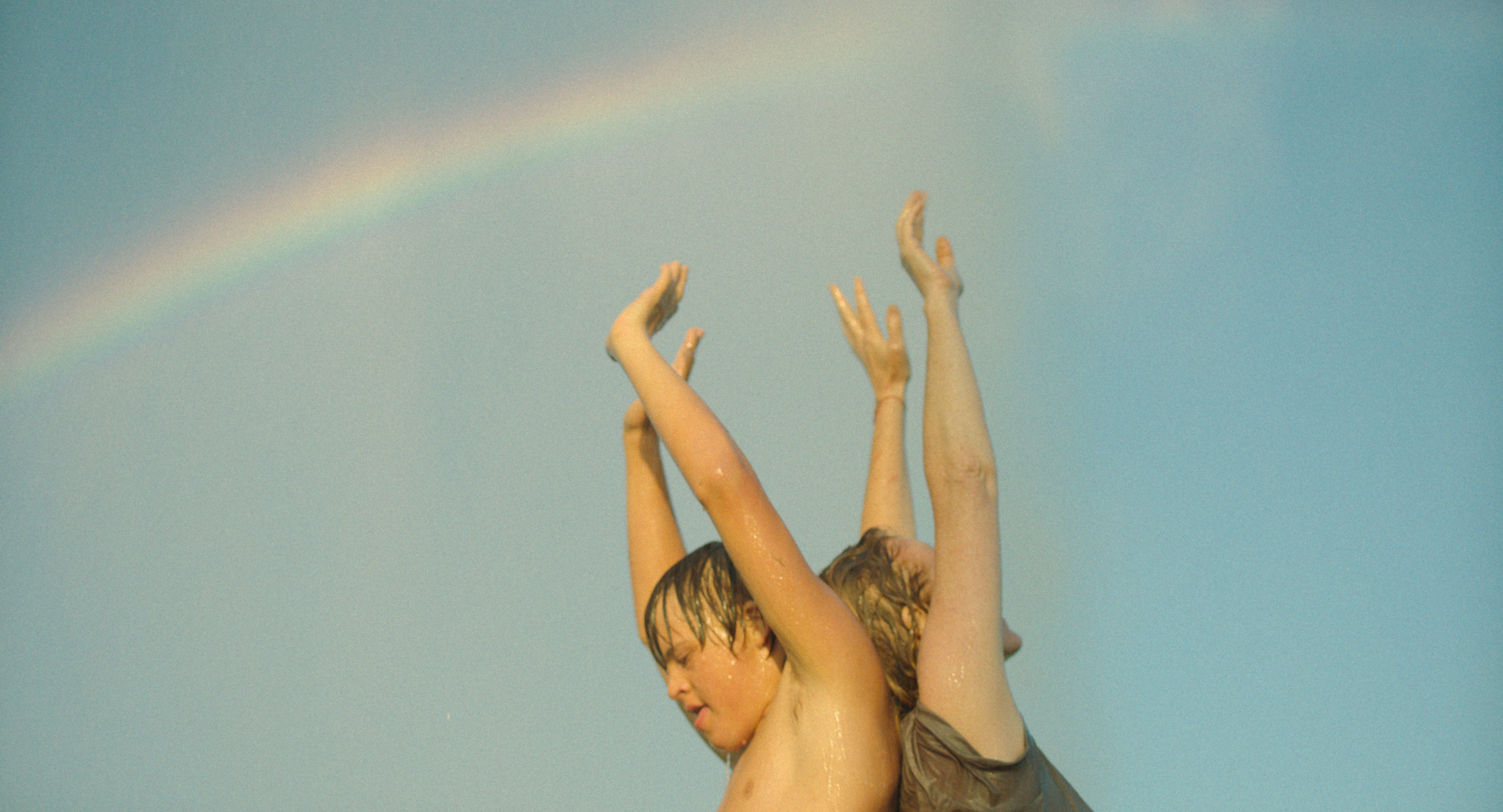
How Caravan found its road
Kirchnerová’s engagement with the Cannes Film Festival began in 2009 when her short graduation film, Bába, won the top prize at the festival’s Cinéfondation. In 2021, her project Caravan became one of 15 projects from 15 different countries by up-and-coming filmmakers selected for the 17th edition of L’Atelier de la Cinéfondation. L’Atelier is designed to connect filmmakers with partners who can help to finalise their projects and begin production, thus speeding up the process. The purpose of the initiative is to stimulate creative filmmaking and encourage the emergence of a new generation of filmmakers. Caravan was the first majority Czech project to be selected for L’Atelier, as well as the first project by a female director.
The Caravan script, co-written by the director, Tomáš Bojar and Kristina Májová, won the Czech Film Foundation award for the best unproduced script in 2019. In 2018, the film’s development further benefited from the Torino Script Lab initiative, followed by the Torino Feature Lab in 2020, where the project won the Torino Production Award. In 2023 the project was selected for the Venice Gap-Financing Market, a segment of the Venice Production Bridge, where it engaged with international financiers to secure final-stage funding. The following year, Caravan was showcased at the This Is It initiative during the When East Meets West co-production forum in Trieste, highlighting its readiness for international collaboration. Finally, the project participated in the Dok.incubator Buzz Workshop in 2024, refining its communication and marketing strategy.
Caravan was developed by Czech producer Pavla Janoušková Kubečková through nutprodukce, partnering with its Slovak counterpart, nutprodukcia, led by producer Jakub Viktorín, who joined the project in the early stages. Dagmar Sedláčková of MasterFilm took over project leadership from Kubečková, leading Caravan into production. The project gained international awareness through appearances at events like TorinoFilmLab, L’Atelier, and MIA Market, fostering relationships with co-producers like Italian production company Tempesta (La Chimera, Happy as Lazzaro) which came aboard the project in the early stages as well. Czech Television and Slovak Television and Radio joined as additional co-producers, with partners Amygdala Pictures and Innogy. International sales are handled by Alpha Violet.
Caravan has garnered substantial financial backing from a diverse array of European funding bodies, reflecting the project’s international appeal and collaborative nature. Those who provided support include the Czech Audiovisual Fund, the Slovak Audiovisual Fund, as well as the Italian MIC Direzione Generale Cinema e Audiovisivo. Additional backing was provided by Eurimages, Creative Europe MEDIA, and the European public service television network ARTE G.E.I.E. Regional support came from the Calabria Film Commission and the Emilia Romagna Film Commission, reflecting the film’s Italian co-production elements. Nationally, the South Moravian Film Fund and the Film Foundation provided additional funding, reinforcing the film’s strong institutional backing.
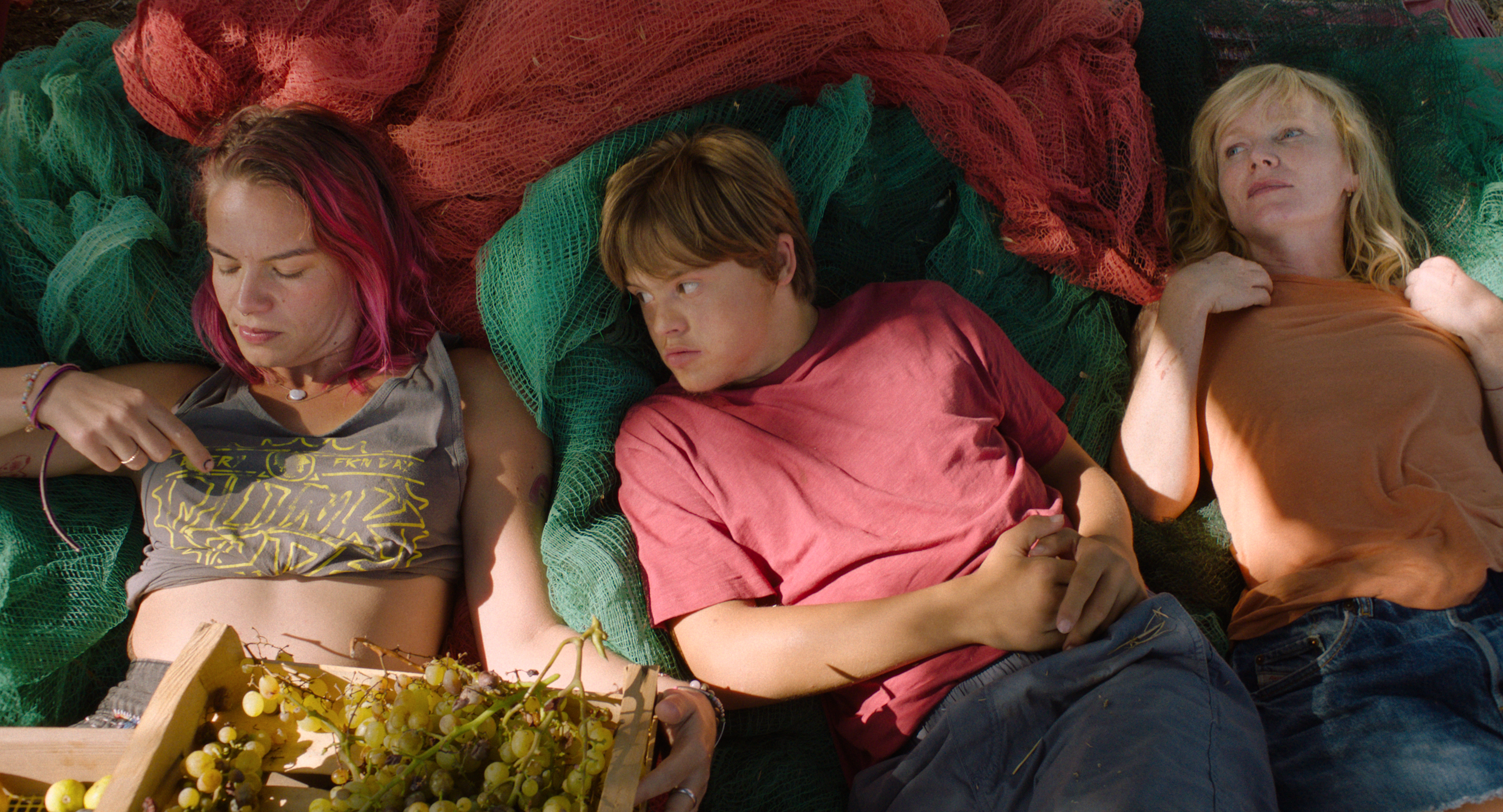
Motherhood in motion
Caravan follows Ester, a woman in her forties, who is emotionally and physically worn out after years of sole responsibility for her son David, who has a disability. Played by prolific Czech actress Anna Geislerová (Havel, Anthropoid), Ester seizes a rare opportunity for respite when she visits a friend in Italy. What begins as a brief escape turns into a life-altering journey, as an unexpected event forces Ester and David into an extended road trip in an aging caravan through the Italian countryside. This journey becomes Ester’s desperate attempt to break free from her sole identity as a mother, while grappling with her fears, desires, and unfulfilled hopes for her own life.
As they make their way south, Ester and David find themselves in a small garden caravan, a temporary refuge that only magnifies Ester’s feelings of isolation and entrapment. Amid their struggle, they meet Zuza (Juliána Brutovská), a free-spirited woman who embraces David’s uniqueness and gently encourages his newfound independence. Their encounter awakens something within Ester, but as the summer progresses and their finances dwindle, Ester begins working for Marco, a local man, managing immigrant farm workers. A subtle romance emerges, but as the seasons change, tensions escalate, particularly after Marco learns of David’s condition and Zuza disappears. The once idyllic summer seems to be slipping away, leaving Ester to confront her inner turmoil and search for a way forward.
Caravan is not just a story about motherhood or a family navigating disability, but an exploration of identity, autonomy, and the struggles of women bound by social expectations. The film unflinchingly examines the emotional complexities of a mother’s love and sacrifice, but also highlights the desire to reclaim one’s own life beyond the confines of caregiving. Drawing from her own experiences as a mother of a child with autism and Down syndrome, Kirchnerová infuses the story with personal aspects, while questioning the roles assigned to mothers of disabled children. The film, heavily inspired by the humanist, intimate storytelling of directors like the Dardenne brothers and Alice Rohrwacher, uses the road movie genre to give voice to Ester’s yearning for liberation.
